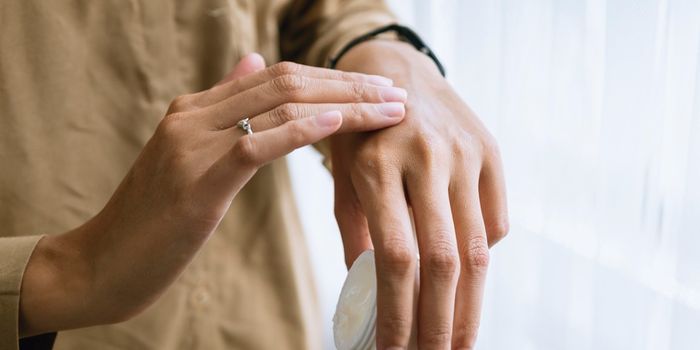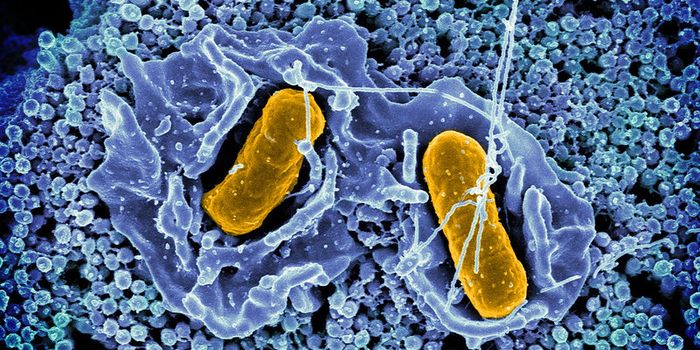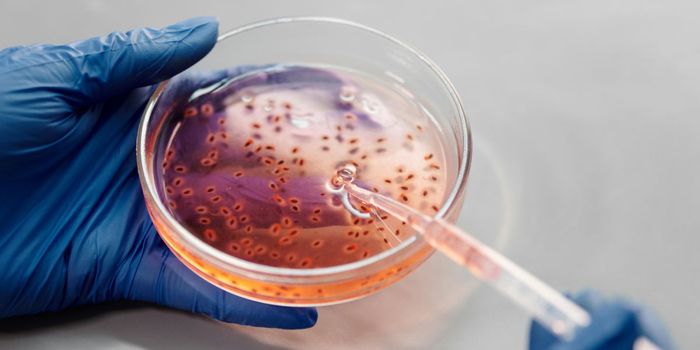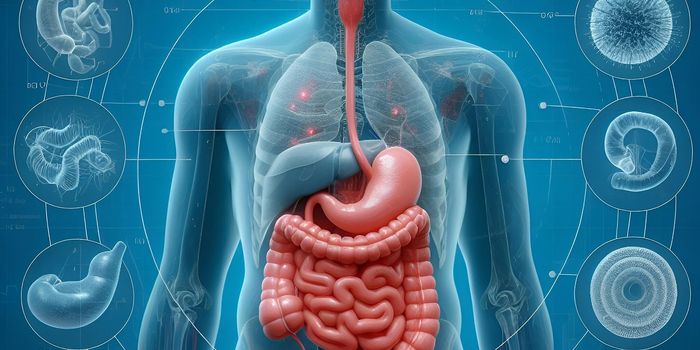The Unique Microbiomes of Long-Lived People
What's the secret of people that live a long life? The answer may be complex but for some, it could include the microbiome, a community of trillions of microbes that live in the gastrointestinal tract. New research reported in Nature has suggested that people that reach the age of 100 or more, centenarians, have a microbiome that could be shielding them from severe infections that are difficult to treat or chronic diseases that tend to crop up as people get older. This research may also help scientists harness the power of the microbiome to prevent and treat various types of disease.
For this study, the researchers were able to assess the microbiomes of people of different ages by analyzing fecal samples with metagenomic tools. The microbiomes of 160 Japanese centenarians were compared to microbiomes of two other groups of individuals: 85- to 90-year-old people and 21- to 55-year-old people. The centenarians were found to have higher levels of bacterial species in the colon that generate secondary bile acids than the other groups. Research has suggested that secondary bile acids can protect against pathogens and help regulate immune system responses.
In this research, the scientists exposed pathogenic bacteria to some of the centenarians' elevated secondary bile acids. One secondary bile acid, isoalloLCA, inhibited the growth of the antibiotic-resistant pathogen Clostridioides difficile and other bacterial pests. IsoalloLCA also reduced C. difficile growth in a mouse model. The data indicated that this secondary bile acid might be having a significant positive impact on health.
"The ecological interaction between the host and different processes in bacteria really suggests the potential of these gut bugs for health maintenance," said co-first study author Damian Plichta, a computational scientist at the Broad Institute of MIT and Harvard.
More work will be needed to understand exactly how secondary bile acids in the gut are affecting human health and longevity and put that into therapeutic practice. But this work shows that researchers can identify molecules generated by bacteria in the microbiome that have the potential to treat infections.
"Our collaborative work shows that future studies focusing on microbial enzymes and metabolites can potentially help us identify starting points for therapeutics," said co-corresponding study author Ramnik Xavier, also of the Broad Institute.
Sources: Broad Institute of MIT and Harvard, Nature









